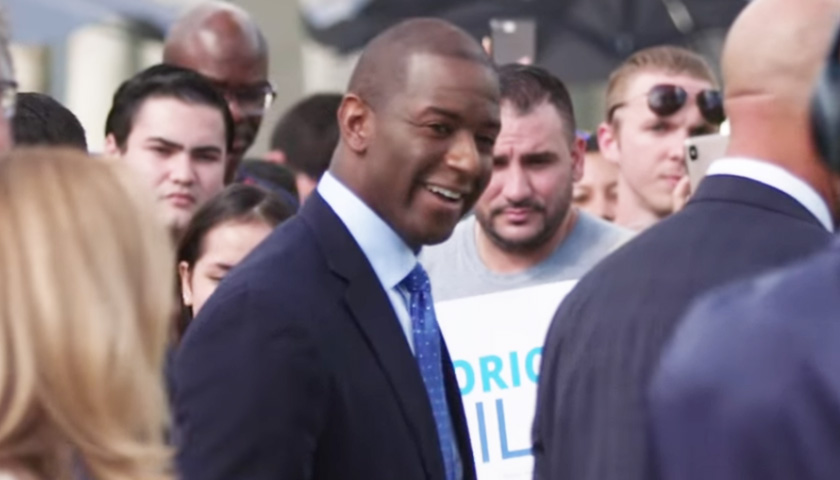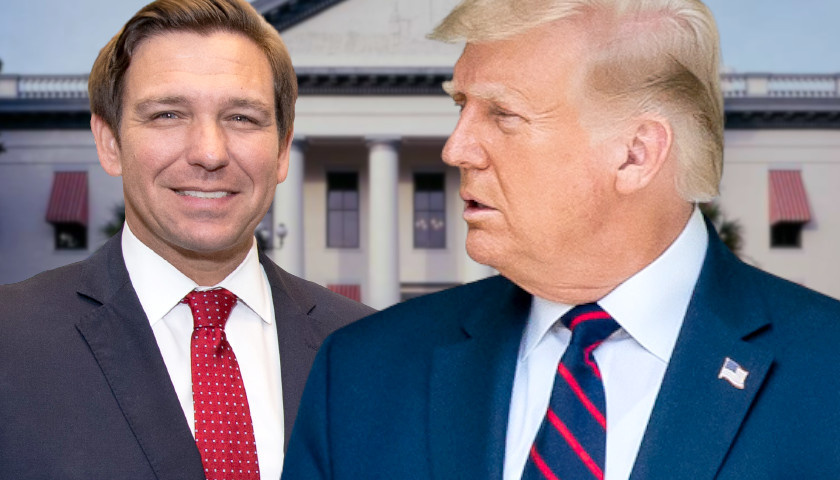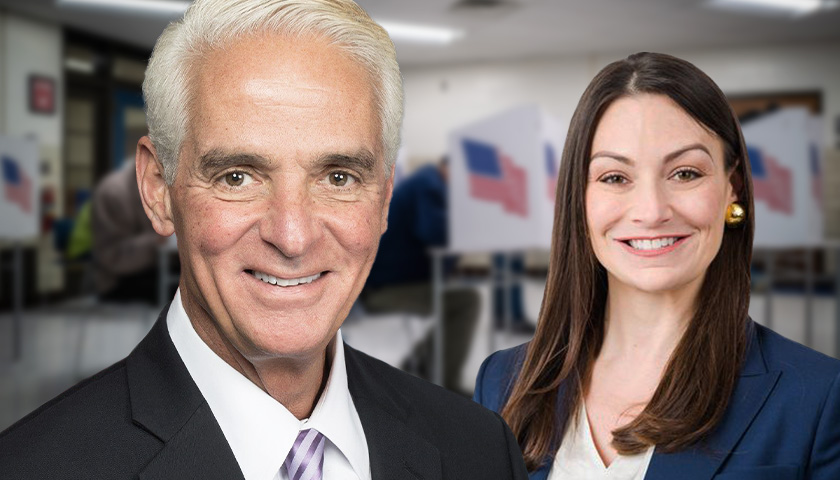The Tallahassee City Commission voted on Wednesday unanimously to adopt a 10-year lobbying ban for anyone convicted of a felony related to bribery and honest services fraud. The ordinance will be drafted by the city attorney and brought back to the city commission at a later date.
According to information revealed at the meeting, Tallahassee will be the first major city in Florida to adopt a ban on lobbying by convicted felons.
The vote comes after a Tallahassee city commissioner and a mayor were indicted by the federal government amid an undercover corruption probe that began around 2015.
Former Tallahassee City Commissioner Scott Maddox and two others were indicted in 2018 and are currently serving prison sentences for their actions.
More recently, former Tallahassee mayor and one-time Florida gubernatorial candidate Andrew Gillum was indicted by the federal government.
With the results of the federal probe in the news for the last 4-5 years and the thought that there will be more headlines related to local corruption in the near future, the Tallahassee City Commission has been under pressure to take action.
Origins of Lobbying Ban
At its April 6 meeting, the Tallahassee City Commission directed the city attorney to bring back an agenda item exploring the possibility of amending the city’s lobbying ordinance to prohibit individuals convicted of honest services fraud or other crimes, from being registered as a city lobbyist.
The direction to city staff came after Dr. Erwin Jackson – on several occasions – addressed the city commission and had advocated for a change in the lobbying rules to take into consideration felony convictions and dishonest dealings when people register to lobby city officials.
Jackson made the point that current city rules would allow former City Commissioner Scott Maddox to register as a lobbyist while serving his prison sentence for federal crimes.
Jackson has advocated for a lifetime ban for convicted felons.
In addition, back in November 2021, Jackson asked the Tallahassee City Commission to make sure that those people that incriminated themselves while testifying in the federal corruption probe not be allowed to appear before the city commission or compete for city contracts.
Jackson used former Maddox associate Gary Yordon as an example.
Jackson said, “we cannot allow Gary Yordon to continue to appear before the city commission as a lobbyist after he admitted under oath that he was part of the Maddox corruption scheme.”
The City Attorney Analysis
The information provided by the Tallahassee City Attorney Cassandra Jackson notes that some states – including Florida – limit a person’s right to lobby the government following a felony conviction.
In Florida, a person convicted of a felony cannot register as a lobbyist for the executive or legislative branches until the person has been released from incarceration and any post conviction supervision, and has paid all court costs and court-ordered restitution. In addition, the person must complete the process of having his or her civil rights restored.
Many of these states prohibit individuals from lobbying after a conviction for a violation of the lobbying laws, some impose a ban after conviction of a felony involving dishonesty or corruption, and a few impose a ban after any felony conviction.
In most states, these bans are time-limited to between one and five years. Alaska, Indiana, and Ohio impose a lifetime ban after a felony conviction for certain offenses (i.e., may not register as a lobbyist after conviction).
City Attorney Jackson informs that at the local level in Florida, a review of the top 15 cities and top 10 counties (by population), plus Leon and Alachua counties, disclosed no instances of lobbying bans.
On the issue of banning someone from lobbying based on self-incrimination that did not result in a conviction, City Attorney Jackson states, “As a matter of due process, bans on lobbying are imposed in cases of conviction, not in cases of accusation or allegation said Jackson.”
She adds, “procedural due process refers to the constitutional requirement that when the government acts in such a way that denies a citizen of a life, liberty, or property interest, the person must be given (1) notice; (2) the opportunity to be heard; and (3) a decision by a neutral decision-maker. Taking away an individual’s constitutional right to lobby, in the absence of a conviction following a fair trial, would violate the individual’s right to due process.”
– – –
Steve Stewart is a senior contributor at The Florida Capital Star.
Photo “Tallahassee City Hall” by Gotty. CC BY-SA 3.0.




